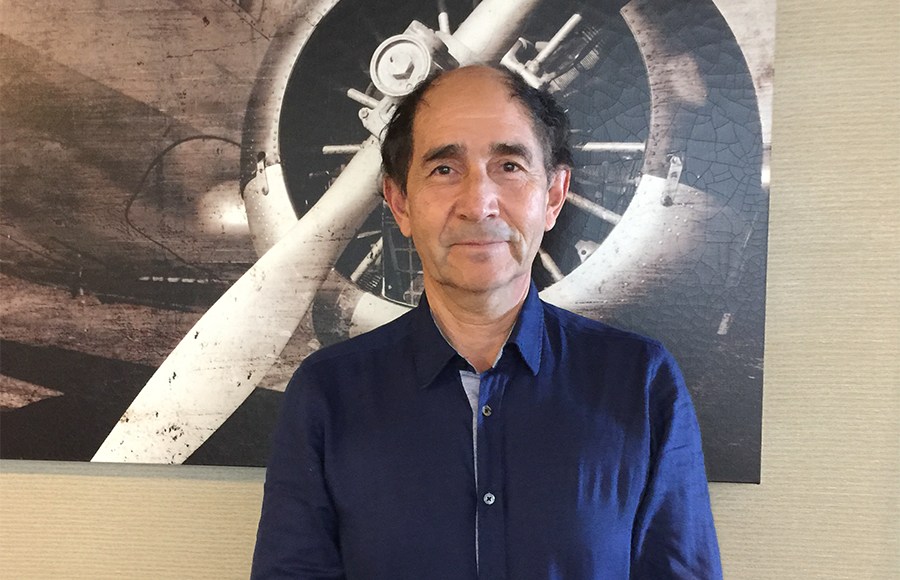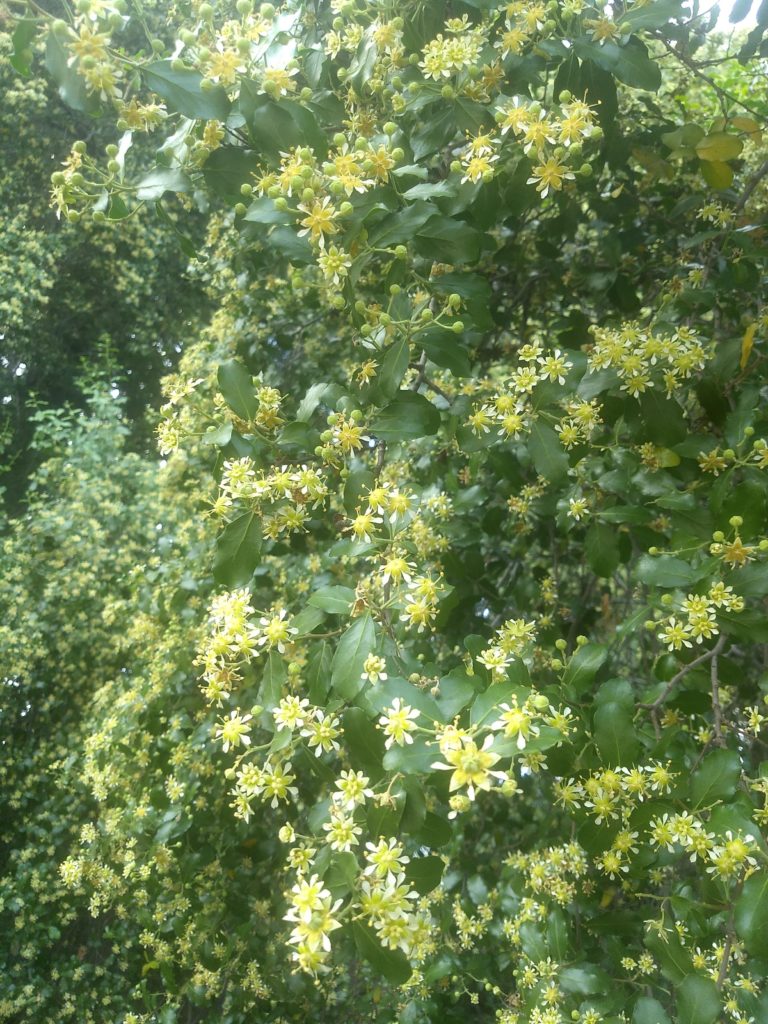Why SCET’s Alt: Meat Lab director is planting these trees which may hold the key to a vaccine
The Sutardja Center’s Alt: Meat Lab Director and Industry Fellow, Ricardo San Martin, was recently featured in the Atlantic for his work on the cultivation of the Chilean soapbark tree, Quillaja saponaria, which contains valuable extracts called saponins, a key ingredient in an upcoming COVID-19 vaccine candidate being developed by Novavax. Novavax made headlines in July for receiving a $1.6 billion commitment from the U.S. government’s Operation Warp Speed program.

Ricardo is working to find new ways to grow these important trees, most of which live in Chile, in order to sustainably harvest them and improve the supply chain for utilizing its life-saving extract for use in the upcoming vaccine and as a resource for future generations.
“What I want now, urgently, is to provide a second source of this natural raw material [to protect the soapbark trees and provide a new supply chain for people],” he said, “I feel like if I don’t do it…then who’s going to do it?”
Ricardo has worked for more than 20 years on commercializing saponins, which have been used in products such as soap, toothpaste, root beer, Slurpees, bio-pesticides, and recently received FDA approval in the US to be used as adjuvants in treatments to boost antibodies and stimulate immunity.

University of California, Berkeley, USA, July 2019
(by Amber Kerr).
Ricardo has served as an industry fellow for the Sutardja Center since 2017. In 2017, Ricardo created an experimental class, the Plant-Based Seafood Collider, to work with Berkeley students to create innovation projects for the growing alternative & plant-based meat industry.
After the success of the experimental course, (which helped lead to the launch the venture-backed startup Prime Roots), Ricardo and SCET created the UC Berkeley Alt: Meat Lab, a multi-million dollar program which conducts research on the plant-based meat industry and runs two SCET classes per year to help students create plant-based meat products and ventures. (Dr. San Martin will be running his class in Spring 2021 open to all Berkeley students.)
Learn more about Ricardo’s unique entrepreneurial journey and his work on saponins at The Atlantic.
The post Why SCET’s Alt: Meat Lab director is planting these trees which may hold the key to a vaccine appeared first on UC Berkeley Sutardja Center.
